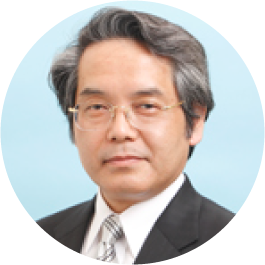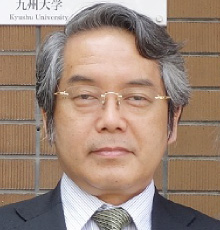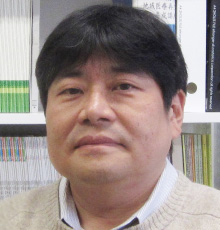About CSTIPS
With the economic and social climate changing significantly, more and more expectations have been placed on science, technology and innovation policies recently as a means to appropriately meet such changes. The promotion of such policies requires the development of human resources who are capable of analyzing economic and social issues from multiple perspectives and developing and implementing, based on evidence, necessary policies to solve them. Recognizing the worldwide increase in such awareness, Japan’s Ministry of Education, Culture, Sports, Science and Technology (MEXT) has been promoting “Science for RE-designing Science, Technology and Innovation Policy (SciREX)” program. As part of this initiative, the government issued a call for application for the “Establishment of Hub Institutions for Fundamental Research and Human Resource Development Program” in FY 2011. Through campus-wide collaboration, Kyushu University prepared a project proposal and applied for the program. As a result, the university was successfully selected as one of the Field Pioneering Hub Institutions. Kyushu University established the Center for Science, Technology and Innovation Policy Studies (CSTIPS) as its common education and research institution in April 2012 in order to put this proposal into practice.Message from the Director

Project plan overview
CSTIPS will mainly implement the following projects.Creation of a human resources development program
We have established a specialized course in Science of STI Policy since April 2013, which is available as a common academic course for graduate schools. This course consists of core subjects, which center on the learning of basic theory of STI Policy and practical policy analysis methods, and focal point courses related to the focus of this Field Pioneering Hub Institution, including innovation systems in East Asia, environmental and energy policies, and regional sustainability.Promotion of fundamental research
To contribute to the advancement of Science of STI Policy, CSTIPS conducts basic research especially in the characteristics of regional innovation systems in Japan and STI policies in East Asian countries. The results will be published in not only Japan but also foreign countries.Commitment to joint programs among institutions
Under the MEXT program, the National Graduate Institute for Policy Studies was selected as the Hub of Institution, while the University of Tokyo, Hitotsubashi University, Osaka University and Kyoto University, along with Kyushu University, were chosen to build Field Pioneering Hub Institutions in accordance with their proposals. These institutions are expected to carry out joint programs, such as organizing international symposia and interchanging course credits. CSTIPS will make an active commitment to these joint programs among the institutions.| Director | Professor,Faculty of Economics |  Akiya Nagata Akiya Nagata |
Information |
|---|---|---|---|
| Full-time staff | Assosiate Professor |  Toshiya Kobayashi Toshiya Kobayashi |
Information |
| Assistant Professor | Son Joonwoo | Information | |
| Assistant Professor | Keita Nakayama | Information | |
| Assistant | Administrator | Tae Fujita | |
| Administrative Assistant | Ai Araki | ||
| Supporting staff | Professor,Faculty of Economics | Satoko Yasuda | Information |
| Professor, Faculty of Medical Sciences | Akira Babazono | Information | |
| Professor, Faculty of Agriculture | Koshi Maeda | Information | |
| Professor, Faculty of Information Science and Electrical Engineering | Seiichi Uchida | Information | |
| Professor, Faculty of Economics | Hiroshi Hoshino | Information | |
| Professor, Faculty of Economics | Megumi Takata | Information | |
| Guest staff | Guest Professor | Syuhei Ishimaru | |
| Guest Professor | Shigeyuki Takasaki | ||
| Guest Professor | Makoto Hirata | ||
| Guest Assosiate Professor | Yui Haraguchi | ||
| Guest Assosiate Professor | Yuta Hirayama | ||
| Guest Assistant Professor | Tadataka Ooi | ||
| Guest Assistant Professor | Kana Moroga |






